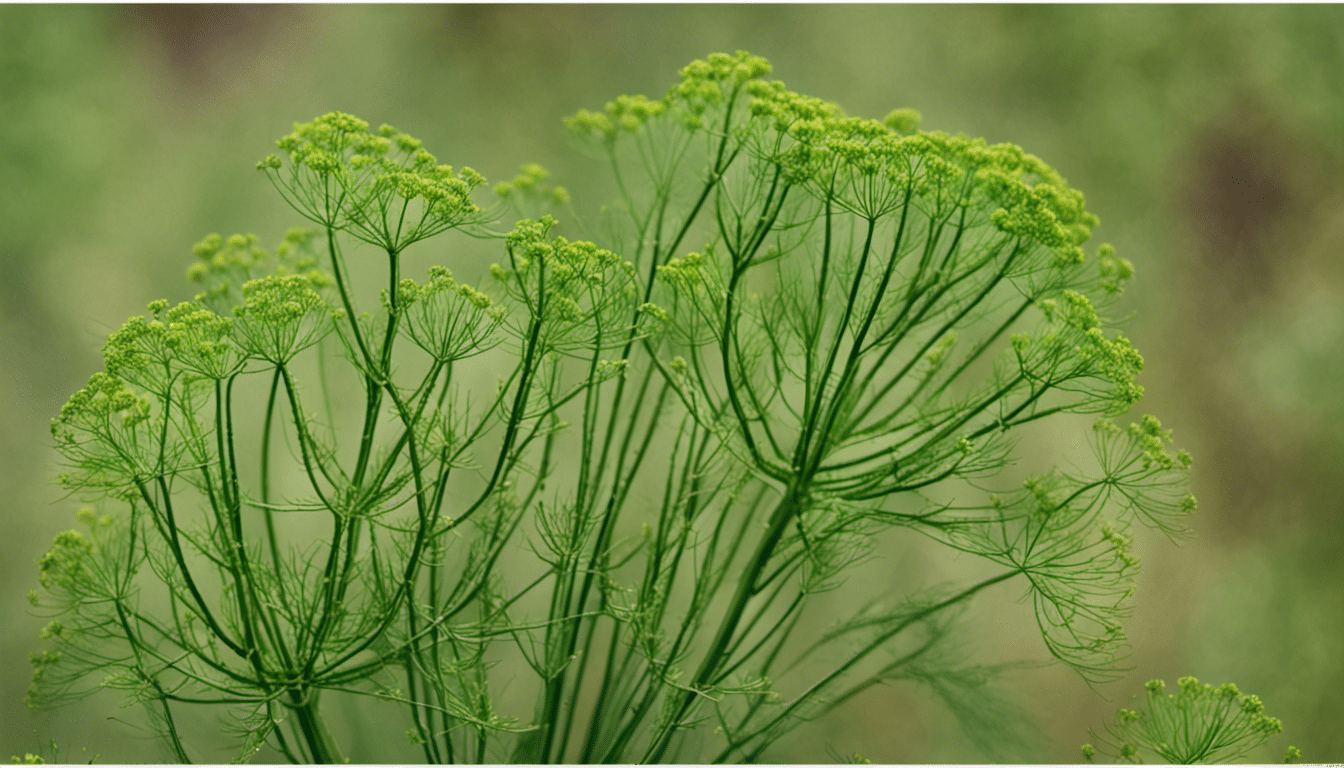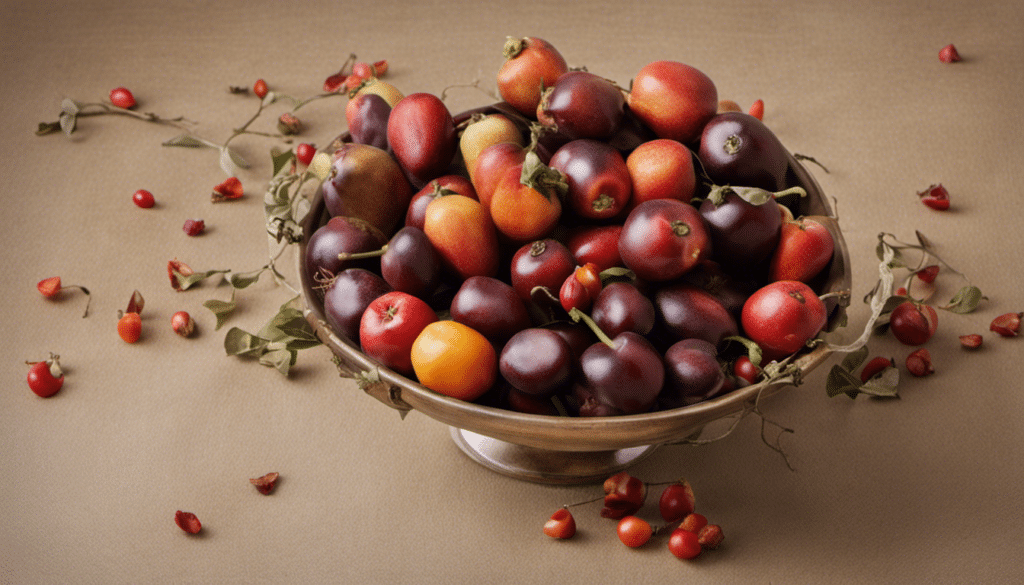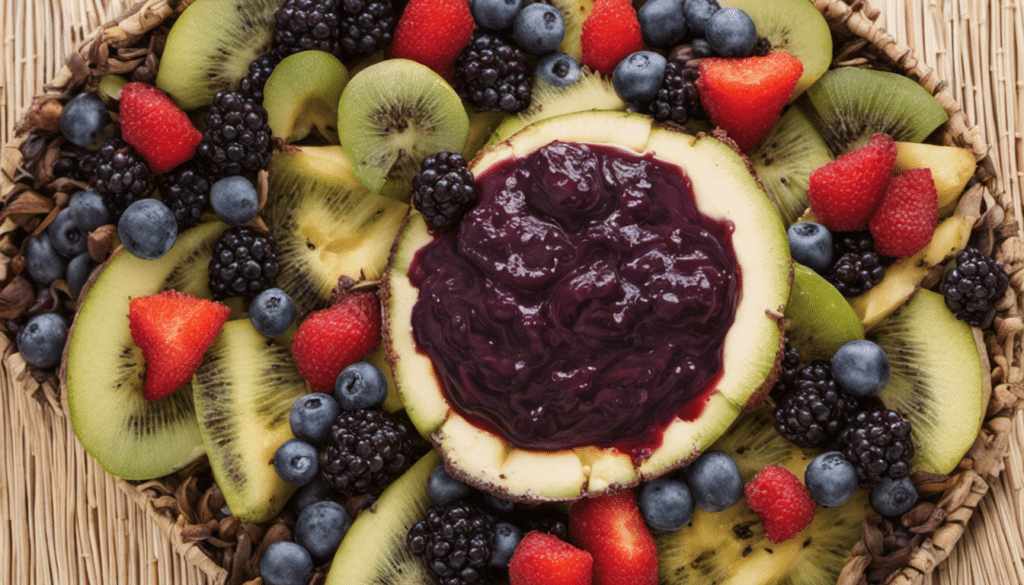All About Dill is an herb, not a fruit or a vegetable. Therefore, it doesn’t have a plural form. It’s simply “dill”.
Amidst an array of fruits and vegetables, dill stands out with a flavor profile all its own. When name-dropping food items, one tends to think them of as plurals, but interestingly enough, dill is an herb – it doesn’t have a plural form. So, the next time you are adding some extra zest to your meal, you’ll be sprinkling it with ‘dill’ not ‘dills’. But there’s much more to this herb than just it’s linguistic disposition. Let’s explore the verdant world of dill and its numerous health benefits.
The Distinctive Dill: A Brief Introduction
Dill, scientifically named Anethum graveolens, adds a delicate flavor to cuisines worldwide. Native to Southern Russia, Western Africa, and the Mediterranean region, dill is a mainstay in dishes ranging from pickles to salads.
Both the leaves and seeds of dill are edible, featuring a slight bite and a zesty aroma. Dill is a must-have in your spice rack, readily paired with seafood, lamb, bread, and fresh cream cheeses. However, while dill’s taste is well beloved, it’s the herb’s health benefits that take it from pantry staple to superfood.
Dill’s Stunning Health Benefits
Not merely a flavor enhancer, dill packs a punch in terms of health benefits. This aromatic herb is a source of various essential nutrients, including dietary fiber, vitamin A, vitamin C, and folate.
Dill has been linked to improved digestive health due to its anti-inflammatory properties and the presence of dietary fiber. It aids in the regulation of bowel movement and offers relief from constipation. Extensive research has also emphasized its role in maintaining bone health, due largely to the presence of essential bone-building minerals such as calcium. Further details on these benefits can be found here.
Beyond these health merits, dill is said to have protective properties against free radicals and carcinogens, thanks to its antioxidant properties. Not only does it contain health-enhancing flavonoids but it also has monoterpenes – compounds that have been studied for their ability to inhibit the growth of tumors. These inherent properties make dill a valuable addition to a healthy diet.
Positively Plentiful: Dill in Your Daily Diet
Incorporating dill into your dishes is a simple yet effective step towards a healthier lifestyle. Be it in your morning omelette, afternoon salad, or evening stew, there is a bounty of ways to introduce dill into your daily meals (source).
So, whether it’s enhancing flavors or boosting your well-being, dill proves itself to be more than just a mere herb. Its rich nutrient profile paired with its unique taste makes it an ingredient one should not underestimate. After all, a sprinkle of ‘dill’, and not ‘dills’, might just be exactly what your culinary creations and health regime need.
Dill Recipe Ideas
- Dill Pickles
- Creamy Dill Chicken
- Dill and Lemon Baked Salmon
- Cucumber Dill Salad
- Swedish Dill Bread
- Garlic Dill New Potatoes
- Fresh Dill and Cucumber Sandwiches
- Lemon Dill Rice
- Dill Vinegar
- Monkfish with Dill and Lemon Butter




